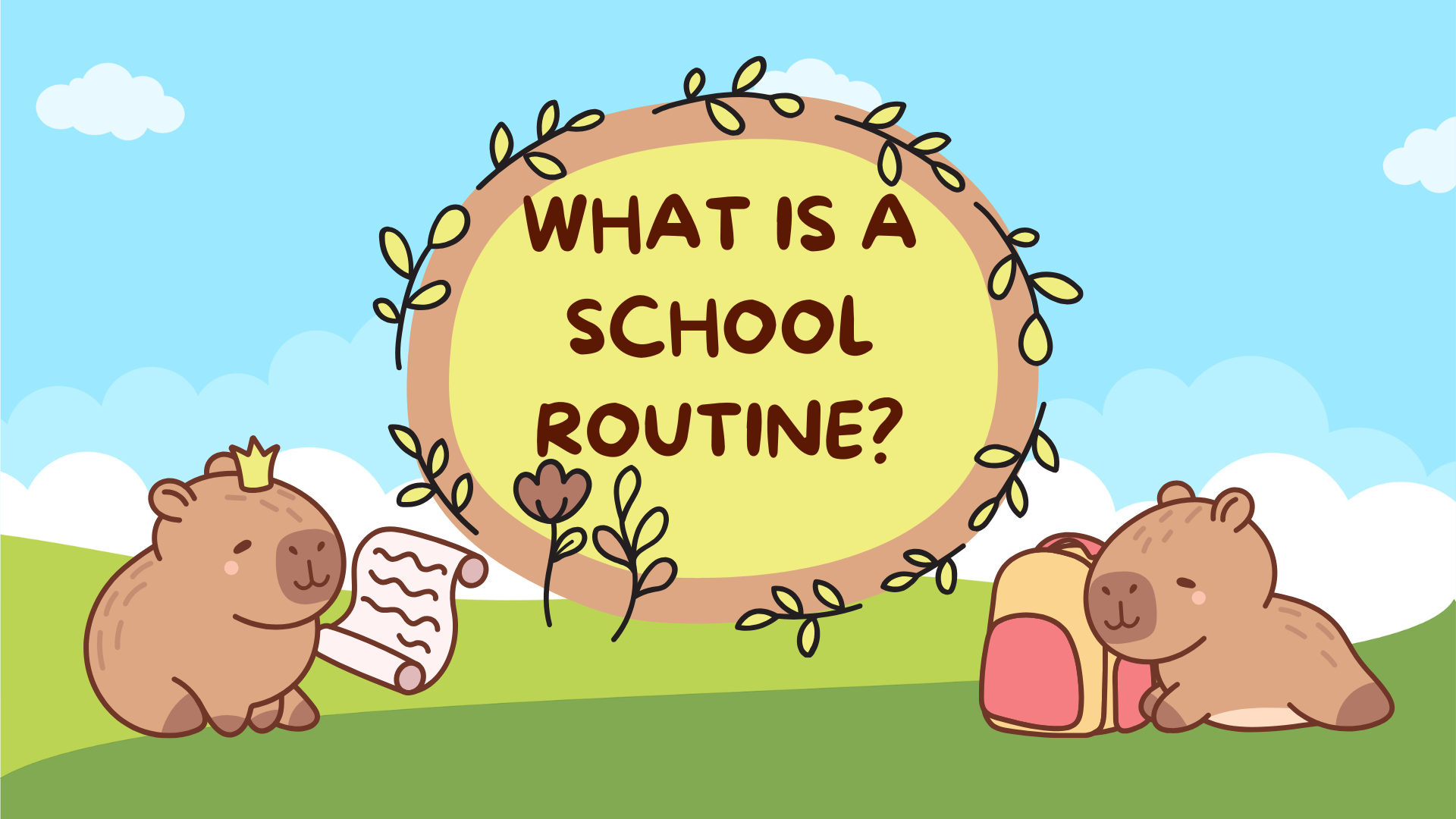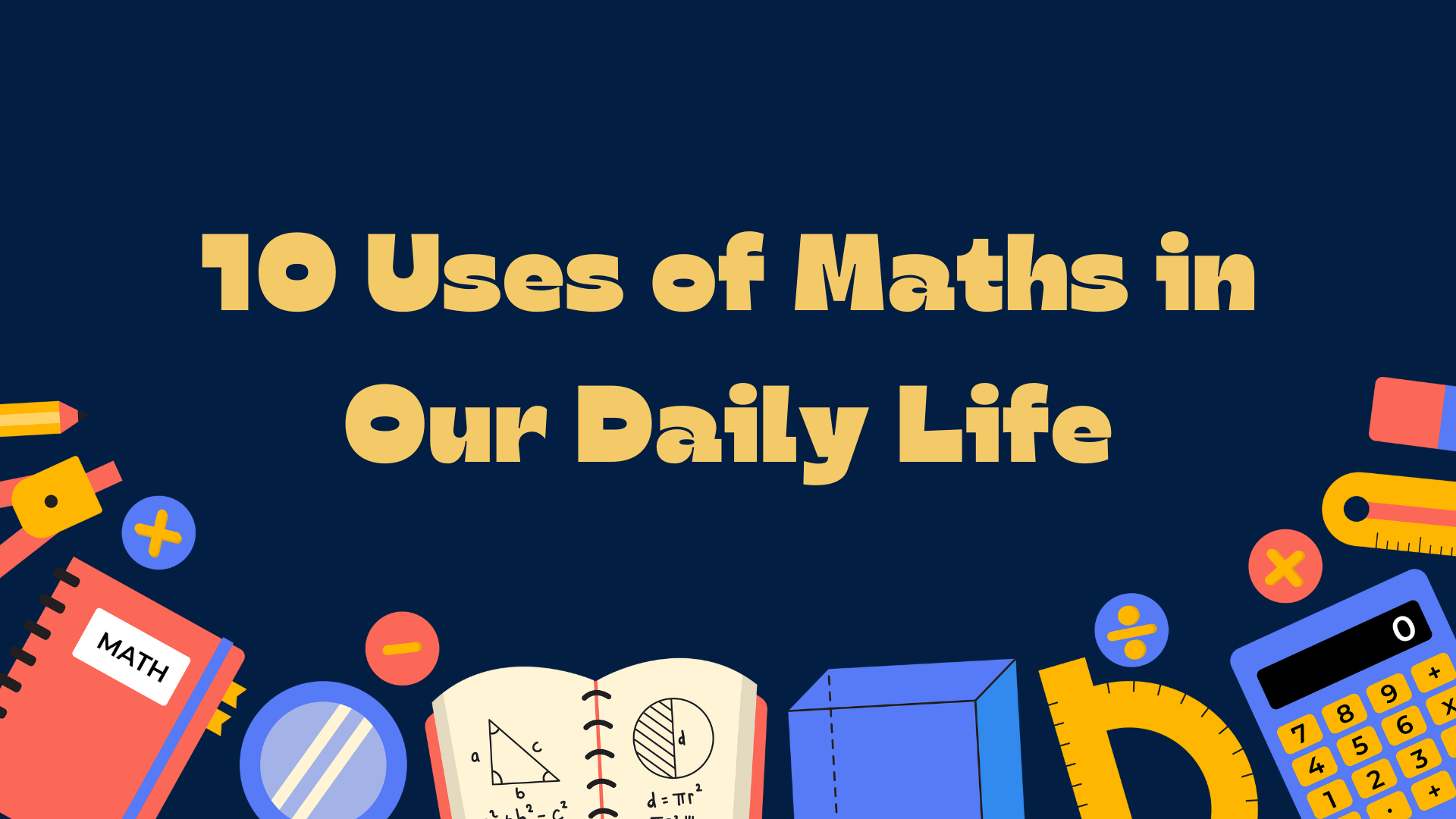
Top 10 Social Activities for Students for Community Building
The importance of social activities for students promotes holistic development. Strong social skills not only reinforce social interactions, positive relationships, effective communication and collaboration but also penetrate a deeper layer of being. They help students connect with themselves and manage their emotions effectively. They cultivate a sense of well-being by putting together a positive social environment. All in all, social skills in students pave the way for their personal and professional success.
Social activities for students
In this article, we will explore some most effective social skills activities for students. Here they are-
Community gardening
Community gardening is one of the best ways to help students foster a positive relationship with the planet and their peers.
Gardening instills the value of caring for another life. It helps children understand the value of responsibility, commitment, and maintaining meaningful relationships.
Although not a typical social skill activity, community gardening is one of the most effective ways to help children appreciate and care for other living beings.
Journaling
Having a safe place to share their thoughts makes children recognize the importance of having a friend to confide in. It also helps them reflect on their feelings and emotions.
Journaling is the best way to let a child explore the world within themselves. The best way to approach this activity and make it their habit is by letting them be. Give them a journal and let them express themselves through words, pictures, colors, or anything. Letting their thoughts out helps them attain a state of mental well-being and eliminates the chances of internal turmoil and conflicts.
Emotion charades
Emotion charades is one of the most effective social activities for students. It lets them transcend words and express their emotions through actions and gestures. The activity teaches students to use their body language and expressions to communicate.
Write down some emotions, such as happy, sad, excited, angry, scared, confused, etc., on different cards. A student should pick a card and enact the emotion written on the card. Others have to guess the emotion. Repeat the drill with every player.
You can make it more fun by adding scenarios to emotions.
This or that
This fun social skill game helps to boost imagination, creativity, and communication.
The game can be played with or without a moderator. A student or moderator comes forth and asks a “this” or “that” question, providing two options to choose from. Each student has to tell their choice and the reason why they chose that.
The questions could be anything wild and illogical, like “Would you rather pet a monkey or a lion?” or “Would you rather go to Disney Land every month or get a holiday every Monday?”
This game is a perfect activity to ease tension and start conversation.
Story chain
Story chain is one of the most fun social skills activities for teens. It encourages creative thinking, imagination, and improvisation.
Think of some interesting topics, like vacation, beach, theft, family, etc., and write them on cards. You can make it more interesting by writing a series of related words on every card. Now, each student has to pick a card and create a story based on the words written on the card.
You can make the game more interesting by playing it in teams and letting other members of the team continue the story. This variation encourages teamwork.
Conversation Jenga
The popular game Jenga is a great icebreaker game for students. To make it a social skill game, add a question to each block. For instance, “Which is your favorite vacation spot and why?” or “What do you aspire to become when you grow up and why?”
Every student has to answer the question after removing the block from the tower. It helps them know each other.
Scavenger hunts
Scavenger hunts are also very interesting, fun, and effective social skills activities for students. They encourage team play, organization, communication, and collaboration.
Arrange a scavenger hunt according to the age of the students. Divide them into teams and let the hunt begin.
To make the most of the hunt, incorporate clues that involve critical thinking and problem-solving. Design tasks that require students to play in teams to foster teamwork and collaboration.
Include hidden elements or time limits to make scavenger hunts more interesting and rewarding.
Team sports
Any team sports give students an opportunity to interact, collaborate, communicate, and foster friendships. Irrespective of what game they are playing, team sports allow students to come together and demonstrate teamwork.
They learn to work as a team, respect different opinions, and be receptive to different approaches. It broadens their outlook and makes them more welcoming and accommodating of differences and challenges. They also learn sportsmanship.
Team sports shape their personalities and help them thrive in social settings.
The name game
The name game is an engaging social skill activity for toddlers. It helps them take the first step into social interaction by making them remember the names of their peers. As the name says, this social skill activity focuses more on the names.
Make the students sit forming a large circle. Pass a ball inside the circle. Now, the student with the ball has to say the name of any student and pass the ball to them. The next student has to follow the same suit. This way students learn each other’s names.
This is a great introductory game.
Skill class
Learning a new skill together gives students an avenue to know each other without any game rules and regulations. It provides them with a free space where they can learn, communicate, and collaborate at their own pace.
When students with a common interest come together, conversations spur naturally. They bond over their love for a passion and most times these bonds translate into meaningful friendships.
The bottom line
A human being is a social animal. Hence, having essential social skills is necessary to thrive in this world, professionally and personally. With these social activities for students, they acquire important social skills very early in their lives.







